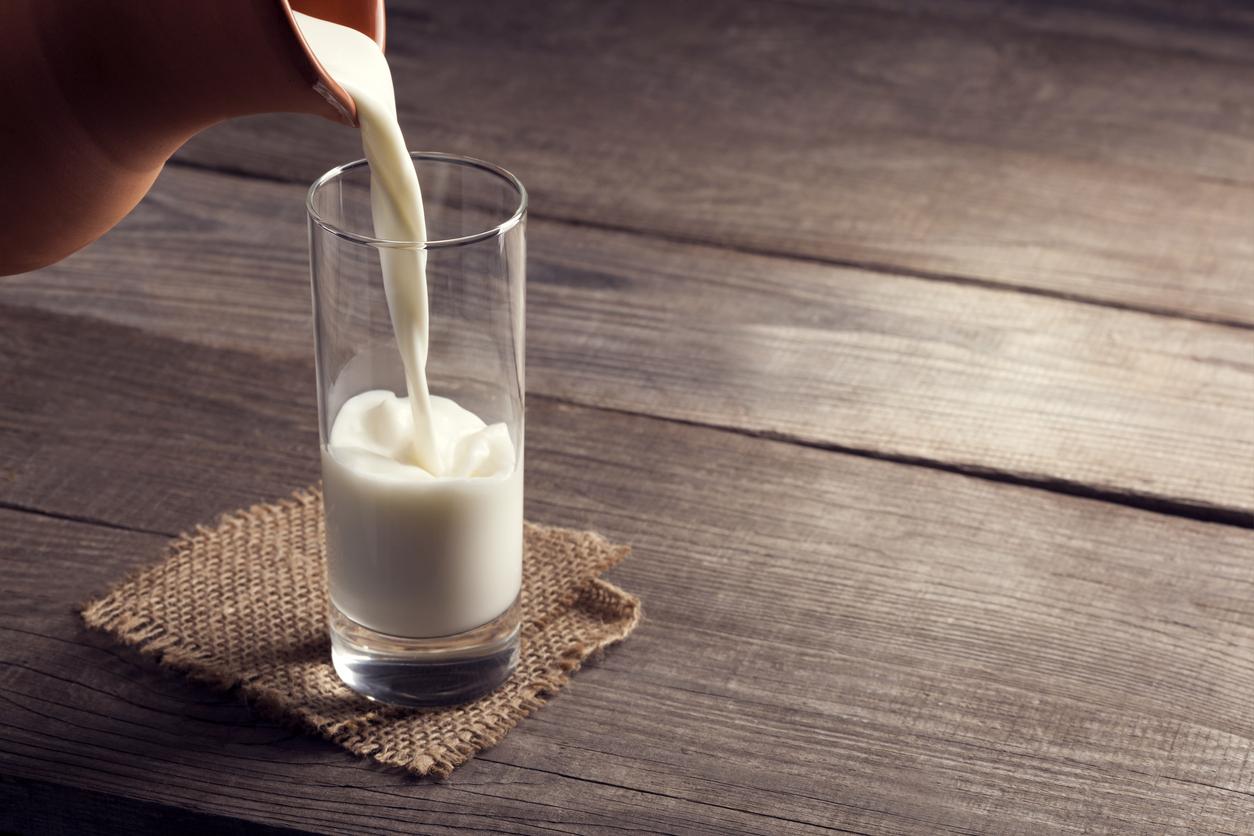What is sage?
The name sage derives from the Latin salvare meaning to heal. Indeed, its medicinal properties were already known in antiquity. It was for these that it was cultivated and marketed first by the Egyptians, then later by the Romans. A Mediterranean plant, sage is mainly used for its leaves, which are harvested in autumn and spring, just before flowering.
Very fragrant, it is also used in cooking to make sauces and you can easily replace the traditional bay leaf with a sage leaf to obtain an original result.
What are the health benefits of sage?
The main properties of sage are due to the thujone. These are stimulating and toning, digestive, anti-spasmodic (against stomach cramps) and antiseptic (it soothes irritations and small skin burns) actions.
Paradoxically, sage is also calming. It helps to regulate the hormonal system, which makes it an ally of choice during premenopause in order to limit hot flashes. Its essential oils (HE of officinal sage and clary sage) help to relieve painful periodsor too much abundant.
In addition, the presence of rosmarinic acid (a phenol) makes it a very good anti-inflammatory and some people use it to calm the headache.
How to use sage?
- The main form of use of sage is infusion. Made from one or two pinches of dried leaves per cup (or 20 g for a liter of boiling water) and at the rate of one or two cups a day, it is quickly effective.
- It is also possible to use the fresh sage decoction (even in direct application) for application on the skin in order to take advantage of its antiseptic and anti-inflammatory properties, in the event of an insect bite for example.
- His Essential oil is also used diluted in a vegetable oil in massages on the lower abdomen and/or the solar plexus or in inhalation for its calming or stimulating action on the nervous system.
It should also be noted that the ancients used to burn sage leaves in the houses from which bad energies had to be chased away.
What are the contraindications of sage?
Despite its many virtues, sage is not a plant devoid of toxicity (especially its essential oil consumed in large quantities). Like all essential oils, it should be avoided by pregnant or breastfeeding women, people with epilepsy and young children.
It could also interact with anxiolytic and neuroleptic treatments. Finally, due to its content of vitamin Ksage should be used with caution in people taking blood thinners.
Read also: FenugreekHarpagophytumThyme: herbal tea, benefits, how to consume it?Guarana













